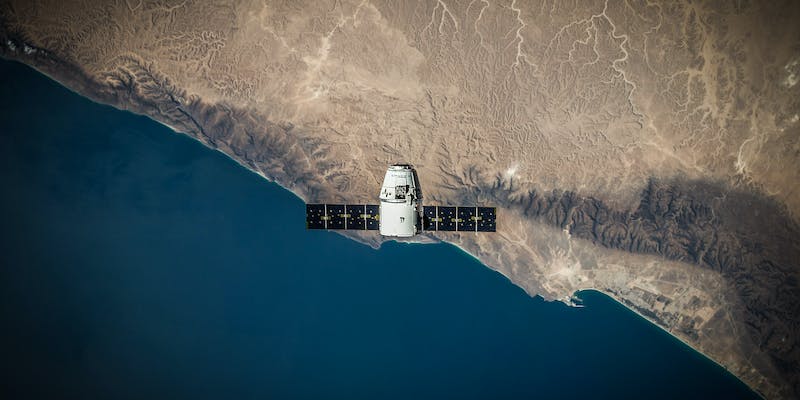The groundbreaking study conducted by Global Fishing Watch has revealed a startling amount of previously undisclosed industrial activity at sea. By combining space technology with state-of-the-art machine learning techniques, researchers have successfully mapped the presence of “dark” fishing vessels and other human activities on an unprecedented scale. This article explores the findings of the study, highlighting the significance of monitoring human activity at sea and its implications for understanding the changing nature of activities in the ocean. Additionally, it discusses the potential applications of this technology in combating climate change.
Mapping Undisclosed Industrial Activity
Utilizing space technology and machine learning, the study successfully identified previously undisclosed dark fishing vessels and other human activities at sea. This mapping exercise has eliminated the blind spots in public monitoring systems, revealing the breadth and intensity of human activity that was previously unknown. Notably, the study found a significant number of dark fishing vessels within marine protected zones, undermining conservation efforts. It also discovered a concentration of vessels in areas previously categorized as inactive by public monitoring systems, indicating an expansion of industrial fishing into new territories.
Creating a Comprehensive Picture of Global Industrial Fishing
By uncovering hidden vessels, the study has generated the most comprehensive public image of global industrial fishing to date. These findings offer valuable insight into the scale and impact of industrial fishing worldwide, empowering stakeholders to make informed decisions regarding sustainable fishing practices. The collected data can inform policies aimed at protecting marine ecosystems and conserving vulnerable species.
Implications for Understanding Human Activities in the Ocean
The discovery of dark fishing vessels and the mapping of previously undisclosed industrial activities highlight the changing nature of human activities in the ocean. The presence of these vessels within marine protected zones indicates a disregard for conservation efforts and calls for stricter enforcement of regulations. Moreover, the concentration of vessels in previously inactive areas raises concerns about overfishing and its potential consequences for marine biodiversity.
Offshore Energy Development and Its Expansion
During the research period, the study found significant growth in offshore energy development. Offshore wind energy, in particular, witnessed a substantial expansion, surpassing the number of oil platforms by 2021. The most remarkable progress was observed in China, where offshore wind energy increased ninefold between 2017 and 2021. This shift towards renewable energy sources signifies a positive step towards reducing the carbon footprint of human activities at sea.
The study’s findings emphasize the role of technology in combating climate change. By monitoring and revealing previously undisclosed industrial activities, this innovative approach enables policymakers and conservationists to take proactive measures to mitigate climate change’s impact on the oceans. The data collected can be used to develop targeted strategies for reducing carbon emissions, conserving marine ecosystems, and promoting sustainable practices in fishing and offshore energy development.
In conclusion, the groundbreaking study conducted by Global Fishing Watch has provided invaluable insights into undisclosed industrial activities at sea. By combining space technology with machine learning, researchers have successfully mapped dark fishing vessels and demonstrated the changing nature of human activities in the ocean. Furthermore, the study’s findings highlight the urgent need for enhanced monitoring, stricter enforcement of regulations, and sustainable management of marine resources. The potential of this technology to combat climate change presents a hopeful and effective avenue for protecting our oceans and preserving their fragile ecosystems for future generations. Continued research, collaboration, and investment in technological advancements are essential to ensure the sustainability and well-being of our oceans.

